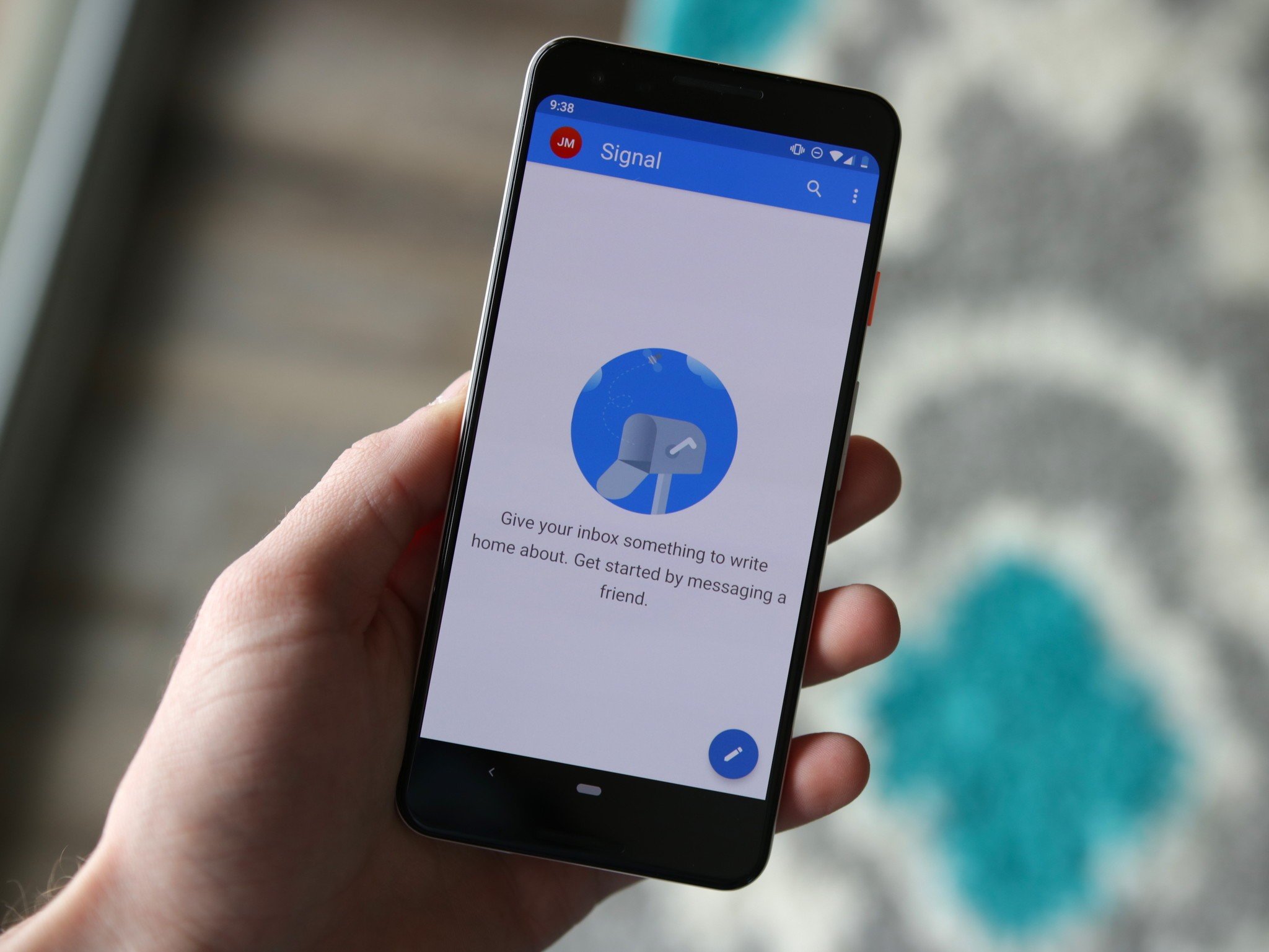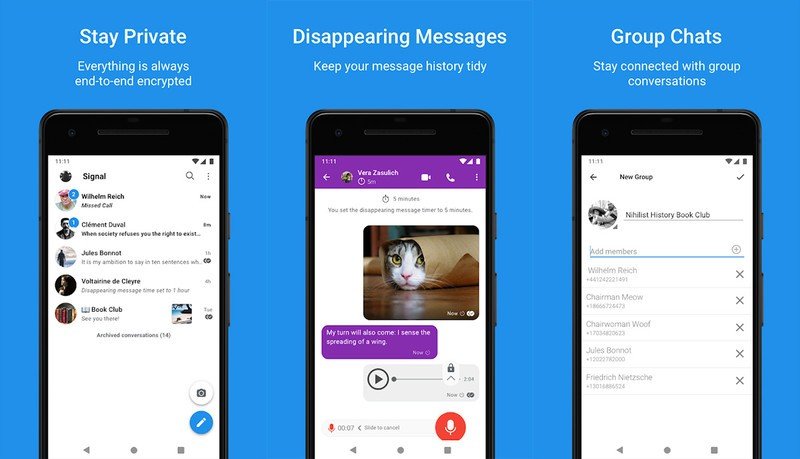The UK's majority political party switches to private messaging app Signal

What you need to know
- UK's Conservative Party is ditching WhatsApp for Signal, a private, encrypted messaging app.
- Signal messages can be set to disappear forever after being viewed, helping to prevent security leaks.
- Signal allows all 365 MPs to be placed in a single messaging group, while WhatsApp maxes out at 256 members.
The UK's majority political party, the Conservative Party, is officially switching from WhatsApp for its group messaging platform, as noted by The Guardian. The new app of choice? Signal, a private messaging app the offers end-to-end encryption for messages and calls, the ability to make messages disappear automatically after a set period of time, and the capability to add all 365 Conservative members of Parliament (MPs) to the same group.
While the size of messaging groups is being cited as the main reason for the switch, another important reason cites years of leaks from using WhatsApp, but it's not what you might think. Although WhatsApp has been the victim of a few vulnerabilities and security issues recently, those problems were fixed quickly so long as you kept the app up-to-date. Signal offers a way to make messages disappear over time, sort of how Snapchat or other similar messaging apps can be set to only display a message for a set period of time before it goes away forever.
While it's not likely that any messages containing sensitive information related to national security would ever be scattered into a chat group containing 365 members, there are plenty of bits of information that reporters have been able to glean over the past four years because WhatsApp messages stay around forever. Secure apps like Signal are able to disable functions like screenshots, further helping users keep messages and information private only for the individuals they are intended for. It also highlights the importance for government officials to securely communicate; something that's all too easy to forget in our mostly-digital world.

This disappearing messaging functionality, complete with the fact that messages are encrypted end-to-end, flies in the face of memos and meetings that have been held as recently as July, calling for backdoor access to messaging apps by 'Five Eyes' nations. The particular irony of ditching WhatsApp for a more private messaging system is that lawmakers specifically pointed out the need for WhatsApp to include such a backdoor spying system for law enforcement, citing its use by 1.5 billion people around the world, making it the world's largest messaging service.
This probably isn't the first time you've ever seen the name 'Five Eyes' before if you regularly read tech news. It's the name for a group of nations that share intelligence with each other and includes Britain, Australia, Canada, and New Zealand, and they routinely meet to discuss important security matters and, of course, how to better co-operate in regards to sharing intelligence and making information more accessible to law enforcement.
How to better secure your accounts with 2-factor authentication
Get the latest news from Android Central, your trusted companion in the world of Android

